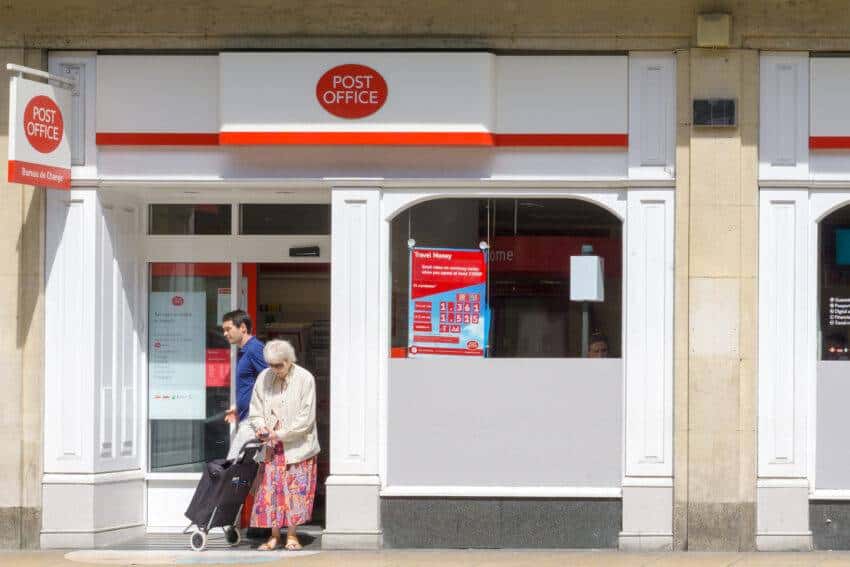As the Post Office considers closing 115 branches, worries about job losses and service disruption grow. This decision has sparked public outcry, especially from rural communities that rely heavily on these services. Such closures could have widespread implications, impacting those who depend on cash access. Stakeholders are now questioning the necessity and timing of these changes.
The Post Office’s potential closure plan comes amid financial challenges, aiming for fiscal sustainability. However, critics argue that these changes, while financially motivated, may overlook community needs. With the ongoing transition towards digital banking, the future role of physical post offices remains uncertain, and this proposal adds to the complexity of adapting traditional services to modern requirements.
Franchise Transition and Public Response
The Post Office’s potential shift to franchise arrangements with retailers like WHSmith has been met with strong public disapproval. Critics argue the timing is poor, coinciding with the Horizon IT inquiry. This software issue wrongly prosecuted sub-postmasters, still fresh in public memory, demanding justice and transparency. The Communication Workers Union (CWU) has labelled these proposals as both “immoral” and “tone deaf.”
Financial Pressures on the Post Office
Under the guidance of new chairman Nigel Railton, the Post Office is navigating significant financial challenges. With competition from parcel operators and declining letter revenues contributing to an £81 million loss in the 2022-23 financial year, strategic changes are seen as necessary. The organisation plans a £250 million annual investment in its network by 2030, hoping for government support to ensure long-term stability. Railton’s strategic overhaul includes enhancing banking services and updating IT systems, aiming to align the organisation with future demands.
Community Concerns Amid Closures
Community activists like Quinn argue that the closures represent “another nail in the coffin” for cash-dependent communities. The government, however, maintains positive discussions with Railton, considering Post Offices as potential solutions to fill the service gaps left by bank closures.
Geographical Impact of Proposed Closures
The geographical range of threatened closures highlights the widespread impact of these decisions. Metropolitan areas might feel the sting of reduced convenience, while rural regions face a severe lack of essential services.
Leadership’s Future Vision
Despite these ambitions, questions loom over the high-street strategy’s viability amidst rapid digital banking growth. This transition aims to strike a balance between innovation and accessibility for all community members.
Government’s Role and Public Infrastructure
The role of government support is critical in navigating these transitions. Where digital solutions become prevalent, maintaining traditional services for all demographics becomes a pressing concern.
Societal Dependency on Post Offices
The societal dependence on Post Offices underscores the need for a comprehensive strategy to ensure these services endure. Tailored solutions addressing both rural and urban needs are crucial to maintaining balanced access across the UK.
Communication Workers Union’s Stance
Their advocacy highlights the potential risks of job losses and community disenfranchisement. The union remains a vocal advocate for safeguarding employees and the vital services they provide.
The Post Office’s plan to close branches highlights the tension between financial necessity and community needs. Striking a balance is crucial to sustain the vital services relied upon by many. As discussions continue, achieving a compromise that addresses both economic pressures and public reliance will be key to future decisions.

